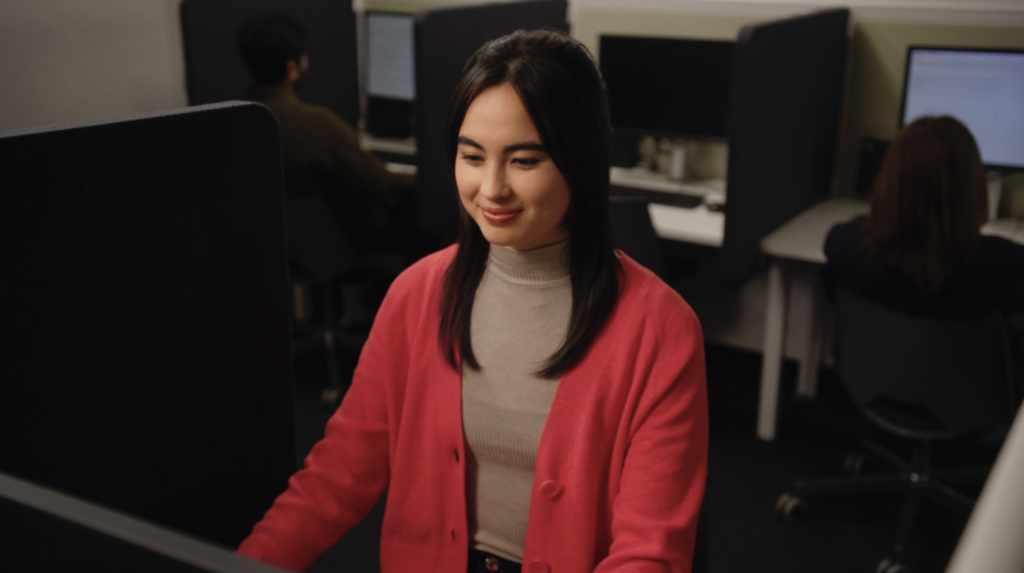In Insider Guides’ tenth industry webinar, we welcomed back host, James Martin, co-host Rob Lawrence from Prospect Research and Marketing and our guest Professor David Lloyd, Vice Chancellor and President at the University of South Australia, to discuss where to from here for the international education sector.
This week’s webinar sought to explore how the world of higher education and international education might change in a post-COVID world, whether institutions will look and feel the same for students, whether institutions embrace disruption or default to tried and tested models of delivery, and how the operations of a university have been affected.
As stated by Prof. Lloyd, in this current landscape, “you have to expect the unexpected. You have to react to the unexpected… we must have a robust institutional culture that is robust and responsive.”
While there is still keen interest in Australia as a study destination, the larger factors at play, such as border closures, are disrupting the sector.
“There is still a demand for an Australian experience. We have had no shortage of applications from students wanting to study in Australia, what we don’t have is the means to allow those students into the country,” shares Prof. Lloyd.
In regards to the University of South Australia, Prof. Lloyd describes how the institution operated during the pandemic, detailing the move to online study, the continuation of research (while many Victorian counterparts ceased research during the pandemic’s peak), and the institution’s student hardship fund.
“UniSA put in place a student hardship fund. This was about recognising that people are engaged in education and society. All sense of normality was removed… a lot of students relied on part time work, largely in the hospitality industry. We found quickly that students were falling into financial hardship. This has already delivered over $7m in support to students in demonstrated economic hardship.”
While many aspects of the international education industry have been fundamentally changed by the impacts of COVID-19, as Prof. Lloyd shares:
“The physicality of education is ingrained in our lives, the community component of universities will endure.”
Topics discussed include:
- How the impacts of COVID-19 affect the future shape of the international student sector – what we offer, how we work, how we promote
- The benefits of disruption
- Researchers and the impact of COVID-19
- Online learning and its future
- The future of campus-based learning
- Responding to an industry reliance on China
- University fees
- Tech giants and education
- University value measures
- The international education sector’s appetite and capacity to respond to change
Webinar poll:
Webinar attendees were invited to participate in a poll regarding this week’s topics. In response to whether online course delivery will soon be a standard part of how people perceive a higher education experience, participants were relatively split, with 46% responding ‘somewhat’, and 32% responding with a definite yes.
Regarding the government’s pilot program to bring international students into the country, the majority of respondents, at 46%, felt ‘somewhat concerned’ about the practicalities of quarantine, while 33% were not concerned at all.
The questions were as follows:
- Do you think online course delivery will soon be a standard part of how people perceive a higher education experience?
- Do you think if online learning becomes a permanent part of the student experience, universities will have to lower their fees to meet an altered learning experience?
- Do you think next year there may be a backlog of students wanting to come to Australia, and that it will result in an increased number of international students?
- For the government’s pilot program to bring in students, how concerned are you about the practicalities of quarantine?




